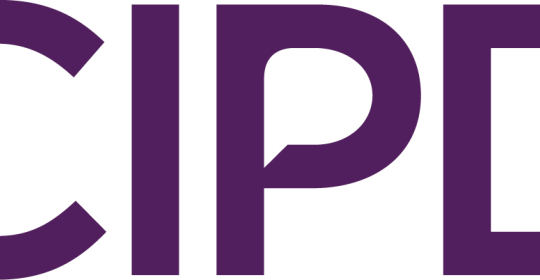- New survey reveals that 76% of organisations that feel gender diversity is a business-critical issue are unsatisfied with their ability to elevate women in leadership.
- 60% of women say they always work hard, compared to 45% of men who say the same
- 28% of women say they always deliver over and above to impress, compared to just 19% of men
If you are a woman in the workplace today, you are more likely to feel under pressure to work harder and deliver more but are less likely to be rewarded and recognised for your efforts compared to your male colleagues. A new survey from global human capital consultancy Lee Hecht Harrison Penna (1) reveals women feel more obliged to go above and beyond at work compared to men.
Some of the key findings from the survey of UK workers include:
- 60% of women say they always work hard, compared to 45% of men who say the same
- 28% of women say they always deliver over and above to impress, compared to just 19% of men
- 15% of women have attended a course or studied for a qualification to increase their credentials, compared to 9% of men
Despite this extra effort women are still significantly outnumbered on the senior leadership teams of the UK’s top companies; they hold only 29% of FTSE 100 board positions.(2)
These findings go some way to explain why 76% of organisations (3) that believe advancing women is a critical business issue are unsatisfied with their ability to demonstrate the individual actions, organisational practices and cultural attributes that cultivate gender diversity and elevate women in leadership.
LHH Penna’s latest study sheds new light on the advancing more women in leadership and what successful organisations are doing differently to make real progress. The catalyst for elevating women in organisations comes down to what managers and leaders do every day. The daily behaviours of the people managers who are known champions of female talent have the greatest impact on an organisation’s ability to get and keep women in their leadership pipelines.
The top five behaviours that people leaders demonstrate to champion female talent that make a real difference are:
- Provide coaching and feedback that builds business acumen
- Support flexibility to manage work schedules or location of work
- Provide equal access to meaningful stretch projects that are tied to strategic business objectives
- Give females exposure and profile to senior leaders and decision makers
- Recruit and promote from a diverse pool of candidates
LHH Penna works with organisations and their emerging female leaders to help overcome systemic barriers identified and to capture the traits of organisations and leaders that are most successful in achieving gender diversity.
JC Townend, CEO UK &Ireland, Lee Hecht Harrison Penna said: “When women hit a ceiling at work, many tend to think just working harder and being better at their jobs will push them through to the next level. However, in our study we find the most successful women have additional attributes that accelerate their careers. Some of these attributes are about getting their work noticed such as networking with stakeholders, being a self-advocate, and influencing upwards. Some of the attributes of successful women are more about the big picture such as having a solid career plan and communicating it. I’ve heard of women who have been passed over for promotion because their manager assumed they didn’t want it.
“But it’s not just up to the women. Businesses also have a role to play as well, by ensuring the workplace is free of gender bias (even unconscious bias), addressing pay equity, and creating flexible work arrangements (which can benefit both women and men). Businesses can improve their success in elevating women by being educated about the real-world challenges and bringing in changes that are proven to work. Some of the key attributes we found in companies that were most successful in elevating women were that they made it a clear priority and set metrics that helped hold leaders accountable. They developed programmes to help women develop the extra attributes that are proven to help them get noticed and move upwards.”
Learn more about our research and download the full report here.
(1) The research was conducted by Opinium 15th – 18th February 2019 among 1,246 UK workers
(2) www.gov.uk/government/news/record-number-of-women-on-ftse-100-boards
(3) www.lhh.com/lhhpenna/en/about-us/press-room/2019/women-in-leadership-research-study-2019
About Lee Hecht Harrison Penna
Lee Hecht Harrison Penna helps companies simplify the complexity associated with transforming their leadership and workforce so they can accelerate results, with less risk. We do this by helping their employees navigate change, become better leaders, develop better careers, and transition into new jobs. As the world’s leading integrated Talent Development and Transition company, we have the local expertise, global infrastructure, and industry-leading technology required to simplify the complexity associated with executing critical talent and workforce initiatives, reducing brand and operational risk. Teams in more than 60 countries around the world leverage our proven programmes and global experience to deliver tailored solutions to clients that align talent with the needs of their business. Website: www.lhhpenna.com






